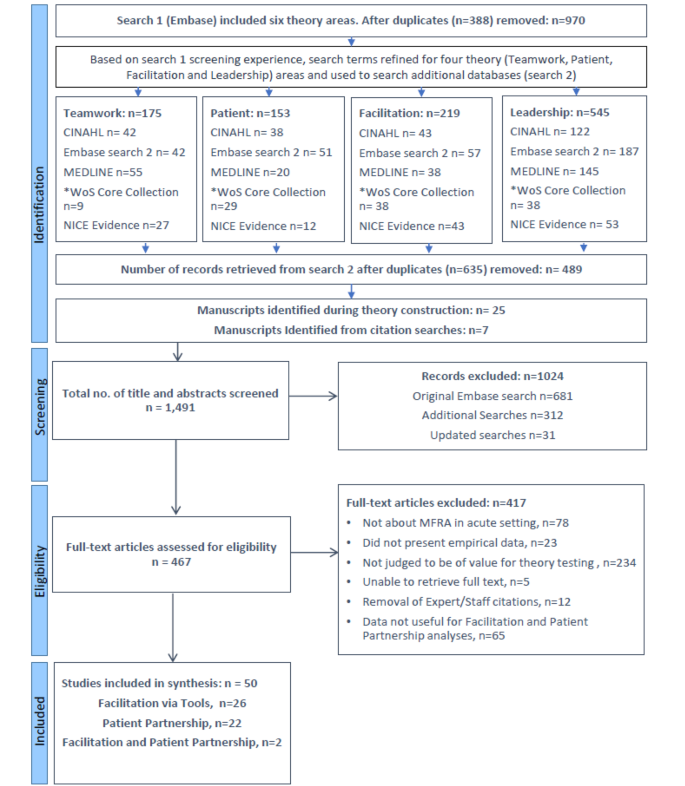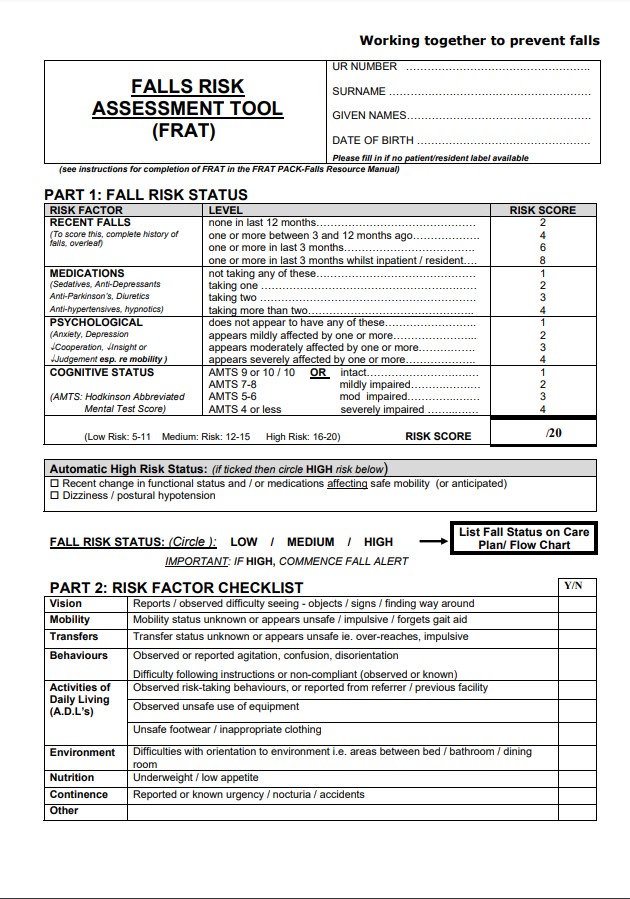Getting My Dementia Fall Risk To Work
Table of ContentsThe Buzz on Dementia Fall RiskThe Single Strategy To Use For Dementia Fall RiskThe Buzz on Dementia Fall RiskDementia Fall Risk - QuestionsSome Known Incorrect Statements About Dementia Fall Risk
You could be nervous since you've had a loss before or because you've discovered you're beginning to really feel unsteady on your feet. You might have discovered changes to your health, or just really feel like you're slowing down a little. Whatever the reason, it isn't unusual to end up being cautious and shed confidence, and this can quit you doing the important things you used to do and make you really feel a lot more isolated.If you've had a loss or you have actually started to feel unsteady, inform your medical professional even if you really feel great otherwise. Your medical professional can examine your equilibrium and the way you walk to see if enhancements can be made. They might be able to refer you for a falls danger evaluation or to the drops avoidance service.
This information can be acquired with meetings with the individual, their caregivers, and a testimonial of their medical documents. Begin by asking the private regarding their background of drops, consisting of the regularity and circumstances of any kind of recent falls. Dementia Fall Risk. Ask about any kind of flexibility issues they might experience, such as unstable or trouble walking
Conduct an extensive testimonial of the person's medications, paying specific focus to those understood to raise the threat of drops, such as sedatives or medicines that reduced high blood pressure. Identify if they are taking multiple drugs or if there have been current adjustments in their drug regimen. Review the person's home setting for prospective threats that can raise the risk of falls, such as poor lighting, loose rugs, or absence of grab bars in the shower room.
Dementia Fall Risk Things To Know Before You Buy
Guide the individual through the loss threat evaluation kind, explaining each inquiry and taping their feedbacks accurately. Determine the overall risk rating based on the reactions offered in the analysis type.
This plan might consist of workout programs to enhance strength and equilibrium, drug adjustments, home adjustments, and references to various other experts as needed. On a regular basis keep track of the person's progression and reassess their threat of drops as required. Customize the care plan based upon modifications in their health status or home setting. Provide continuous education and assistance to promote security and lower the threat my link of drops in their daily living activities.
Lots of studies have actually revealed that physical therapy can assist to reduce the threat of dropping in grownups ages 65 and older. In a new research study (that looked at falls danger in females ages 80 and older), researchers determined the financial impact of selecting physical treatment to stop falls, and they discovered that doing so conserves $2,144, consisting of all the covert expenses of your time, discomfort, missed out on life occasions, and the dollars paid for services.
The Best Strategy To Use For Dementia Fall Risk
Examining your balance, strength, and walking ability. A home safety analysis. Based on the examination link results, your physical therapist will make a strategy that is tailored to your specific demands.
Older adults who have trouble walking and talking at the very same time go to a higher threat of falling. Dementia Fall Risk. To help raise your security during day-to-day activities, your physiotherapist might develop a training program that will certainly challenge you to maintain standing and strolling while you do another job. Examples consist of walking or standing while counting backward, having a discussion, or carrying a bag of grocery stores
Your physiotherapist additionally can determine which tasks you must avoid to remain safe. Community-based drops prevention programs aid people to: Lower their worry of dropping. Set objectives for increasing their exercise. Make their homes safer. Exercise more to boost their toughness and balance. These programs often are led by volunteer instructors.
The Only Guide for Dementia Fall Risk

Measles, or rubeola, is a highly infectious, intense viral infectious illness created by the measles virus. Some people consider measles as simply a rash and fever that cleans up in a couple of days; however, measles can trigger serious health and wellness difficulties, especially in kids more youthful than 5-years-old. The most effective protection against measles is the measles, mumps, and rubella (MMR) injection.
Autumns are an usual reason of injury amongst older grownups.
Getting My Dementia Fall Risk To Work

She has no history of drops, her gait is steady, and she voids with no problems. The previous nurse states that she calls for assistance to the her explanation washroom when she needs to go.
Examples of usual autumn interventions/measures include: Ensuring a patient's crucial things are accessible. Placing the person's bed rails up with the alarm on. Assisting a client while they're getting up from bed. Beyond recognizing exactly how to make use of the Johns Hopkins Autumn Threat Evaluation Device, it's crucial that facilities integrate its use into an extra detailed autumn prevention plan.